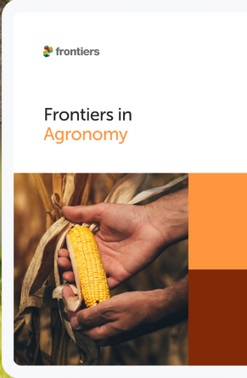Achieving food security remains a pressing global challenge, exacerbated by broken food systems, climate change, biodiversity loss, land degradation, and social inequality. While crop diversification is a fundamental component of agroecological transitions and food security, its potential is often overlooked due to limited local participation and broad policy approaches that fail to account for local variability. This study revisits agroecological transitions in Western Rwanda a decade after data collection, assessing the relevance of local knowledge in understanding the interconnections between crop diversity, food security, and land degradation. Using a systematic knowledge-based approach (AKT5), researchers gathered data from 150 smallholder farmers through a Paired Catchment Assessment. Findings from the 1995–2015 period reveal a decline or disappearance of “low-value” crops due to the Crop Intensification Program (76%), land shortages (55%), and farmers abandoning slow-growing crops (49%). Consequently, 83% of farmers reported food insecurity, mainly in the form of seasonal food shortages (51%). Perennial crops emerged as essential for mitigating hunger, yet reduced crop diversity has increased reliance on off-farm food sources. The original analysis identified seven agroecological principles critical to the crop diversity–food security relationship: soil health, biodiversity, synergy, economic diversification, social values and diets, knowledge co-creation, and participation. These findings varied by land degradation status, underscoring the need for context-specific strategies. By 2015, food produced on-farm supported farmers for only 6.6 months annually, down from 10.1 months in 1995, reinforcing the need to strengthen ecological rather than administrative boundaries and improve food system connectivity. The study highlights the importance of equitable trade mechanisms for smallholder farmers and calls for the integration of local knowledge alongside stakeholder collaboration to co-design sustainable, context-appropriate policies. A decade later, these findings remain relevant, validated by recent literature, reinforcing the necessity of locally informed strategies to advance sustainable food systems.
DOI:
https://doi.org/10.3389/fagro.2025.1537012
Dimensions Citation Count:

Publication year
2025
Authors
Kuria, A.W.; Pagella, T.; Muthuri, C.W.; Sinclair, F.L
Keywords
food security, agroecology, crop diversification, land degradation, food systems, smallholders, indigenous knowledge
Geographic
Rwanda























